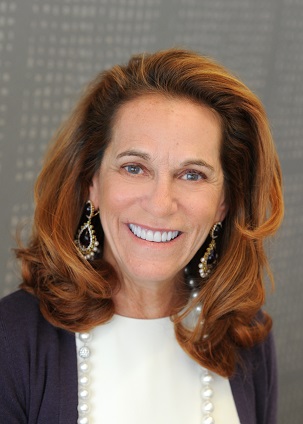Vulnerability is often associated with weakness, high stakes emotions and a lack of confidence.
It’s the opposite of what we typically expect business leaders to show in a brainstorming session, on the public speaking stage or in the boardroom.
Often, entrepreneurs actively seek to hide their vulnerable traits, but being vulnerable has its strengths. Not only does it help us foster better relationships, but it also, surprisingly, acts as a beneficial strategy in growing stronger businesses.
An article from the World Economic Forum shows our trust in CEOs has floundered as many business leaders seek to remake the image of the self-serving business leader. Customers, investors, employees and the general public now expect them to share their vulnerabilities — and their company’s vulnerabilities — with the world.
The reason comes down to how vulnerability helps us build better businesses, excel as business leaders and ultimately, become better people.
Vulnerability Fosters Creativity
“Perfectionists perish. There’s nothing worse for a team than someone afraid to make a mistake,” tells sports psychologist Graham Betchart to CNBC.
Betchart knows this better than most. He has studied vulnerability and has helped train NBA athletes on how to develop mental fortitude and how to handle pressure.
What Betchart has found is that when we work to intentionally avoid mistakes, we limit our creativity. Being willing to accept that things may not go according to our plans or expectations — in other words, being vulnerable — gives us a greater chance of finding creative solutions.
University of Houston professor and leading researcher on vulnerability, Brené Brown, mirrors this idea. Brown argues that vulnerability is the birthplace of innovation and creativity. She says, “I would challenge anyone to point to any act of innovation that was not born of vulnerability, that was not born of putting an idea on a table that half the people in the room thought was stupid. That the other half questioned. If the idea makes sense to everyone right away, there’s nothing innovative about it, right?”
Vulnerability Improves Trust
Brené Brown’s research also delves into how vulnerability can create a trusting workplace. In her famous “The Power of Vulnerability” TED talk, she says that vulnerability lies at the very foundation of authentic connection with others. In her research, Brown determined that “a sense of worthiness” is what defines people who have a strong sense of belonging from those who feel alone. Those who have “the courage to be imperfect” and embrace their vulnerabilities are more likely to build meaningful and trusting connections.
“We live in a vulnerable world. And one of the ways we deal with it is we numb vulnerability,” Brown says. Unfortunately, that habit of hiding our emotions and imperfections ultimately leads to disconnection and distrust.
When leading a business, that focus on building better connections can really pay off. According to the Harvard Business Review, transparent communication builds better levels of hope and trust which improves employee performance. It also builds a culture of forgiveness where we don’t punish mistakes, and instead learn from them — a mindset that has proven to benefit productivity.
Betchart told CNBC Make It, “We’ve found that when a leader, a person in charge, is able to be vulnerable and say, ‘I’m human just like you and I make mistakes,’ it empowers the group. People really resonate when they can connect.”
Build Better Character But Safeguard Your Boundaries
While it’s important to be open, there’s a fine line when it comes to being too vulnerable at work. For instance, oversharing and expressing self-doubt excessively makes others start to question your ability or credibility.
You also don’t want to fake vulnerabilities to build relationships. Quartz reports that when vulnerability veers away from authenticity, it can start to feel scripted and even hurt you professionally. Instead, It’s important to ask yourself if what you’re sharing is helpful to others, including yourself. Gradually, it’s reasonable to include vulnerable aspects of yourself while inspiring others in the process.
Vulnerability for business leaders isn’t just about showing your emotions or pain points to connect with others. It’s about being more self-aware and actively collaborating with others to examine important problems and solve them creatively. Yes, vulnerability makes us more real, more communicative and more trusting, but it also helps us build stronger teams, bigger businesses and better communities. It’s time to start using our vulnerabilities to our advantage rather than thinking of them as weaknesses to be overcome.


